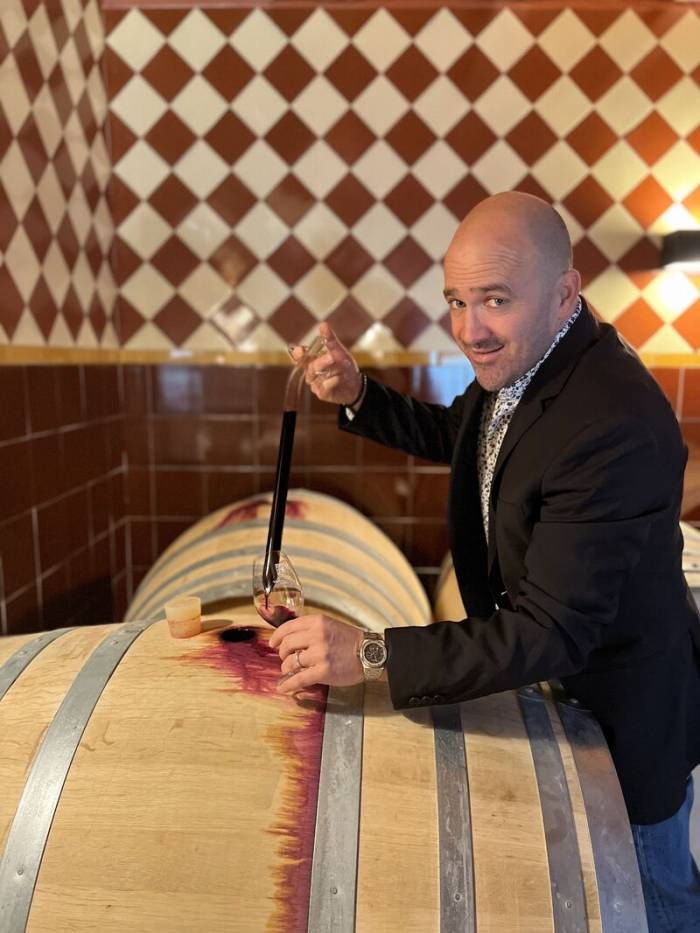The Silent Revolution Reshaping How France Makes and Drinks Wine
Producers adopt new strategies as climate change, declining sales, and evolving expectations reshape traditional winemaking in France.
2025-10-07

Jérôme Constantin, a viticulture engineer, oenologist, and manager of wine estates in Provence, is working with vineyard owners who want to adapt to a rapidly changing wine market. In a recent interview in La Londe-les-Maures, he described the current state of the wine industry as one of deep transformation. According to Constantin, wine sales in France have been steadily declining, profit margins are under pressure, and international competition is growing stronger. He emphasized that these challenges go beyond numbers: consumer attitudes toward wine are shifting. Today’s buyers are looking for fresher wines with lower alcohol content, produced transparently and with genuine ecological responsibility.
Constantin noted that the days when a wine could be sold solely on the reputation of its terroir or a prestigious name are over. Producers now face a range of new constraints. International tax policies, such as recent U.S. tariffs, have weakened some export markets. Climate change is directly affecting yields and quality in the vineyards. Public health expectations are also evolving, with consumers drinking less out of habit and more as an occasional, thoughtful pleasure. This represents what Constantin calls a “silent but profound revolution” in wine consumption.
To help producers navigate these changes, Constantin has developed what he calls the T.E.C.C. 360° approach. He explained that this method is based on the idea that all aspects of winemaking are interconnected—from the vineyard to the bottle and ultimately to the consumer’s table. The approach covers four key areas: technical adaptation in both viticulture and winemaking; economic management to protect margins and guide decision-making; commercial strategy to target appropriate markets and strengthen customer relationships; and communication to tell an authentic story that resonates with societal expectations.
Constantin stressed that if any one of these pillars is missing, the balance is lost. He described his approach as “360°” because it aims to be comprehensive and avoid blind spots. He said this is not a theoretical revolution but rather common sense: success in wine depends on coherence between what happens in the vineyard, in the cellar, in sales, and in storytelling.
Addressing vineyard owners directly, Constantin acknowledged the difficulties they face but urged them not to wait for change to happen on its own. He encouraged them to become proactive again—innovating in their practices, managing their businesses rigorously, and finding new ways to present their wines. He believes that by doing so, estates can regain meaning, coherence, and growth.
Constantin concluded by saying that change is vital for the future of wine but can also be an opportunity if managed well. He expressed confidence in the resilience and adaptability of winemakers and described his T.E.C.C. 360° method as a practical tool for navigating this period of transition with ambition and clarity.
Founded in 2007, Vinetur® is a registered trademark of VGSC S.L. with a long history in the wine industry.
VGSC, S.L. with VAT number B70255591 is a spanish company legally registered in the Commercial Register of the city of Santiago de Compostela, with registration number: Bulletin 181, Reference 356049 in Volume 13, Page 107, Section 6, Sheet 45028, Entry 2.
Email: [email protected]
Headquarters and offices located in Vilagarcia de Arousa, Spain.